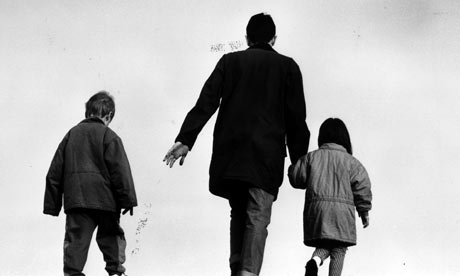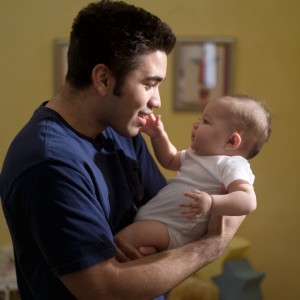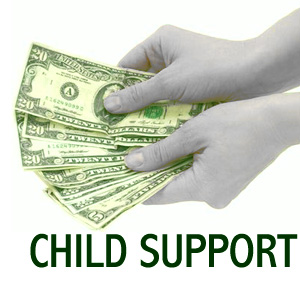 If your child is taken by Child Protective Services the first thing you need to do is to hire an attorney who has extensive experience in litigating child seizure cases with Child Protective Services. Child Protective Services seize children when they feel the children are in danger of being harmed, abused or neglected.
If your child is taken by Child Protective Services the first thing you need to do is to hire an attorney who has extensive experience in litigating child seizure cases with Child Protective Services. Child Protective Services seize children when they feel the children are in danger of being harmed, abused or neglected.
There are three different trials that can be undertaken to help return your children to you.
Detention Hearing
After a child is seized by Child Protective Services, you can demand a detention hearing within 72 hours. Your attorney should immediately demand this hearing. You should not consent to the detention of your child. It may be suggested to you by your attorney that you wait until the jurisdictional hearing in 30 days to present your defense. Don’t go along with this! Demand a detention hearing immediately.
It may be claimed challenging the detention will hurt you in the long run. Don’t believe it. One of the primary reasons for demanding a detention hearing within 72 hours is that Child Protective Services will have difficulty putting their case together for trial at this point.
This is an excellent opportunity for your attorney to help you have your children returned to you. This also gives you an opportunity to get in front of a judge and hear the allegations made by Child Protective Services which are the basis for removing the child from you. If you fail to litigate the issue of the detention of the children by Child Protective Services, you are creating a problem for yourself. The fact they have your child and are keeping your child will become the law of the case. When you demand a detention hearing you may be offered a compromise arrangement by Child Protective Services. Unless you are guilty of the allegations they made against you, do not make a deal. Move forward with the detention hearing. If Child Protective Services has your children, make sure your attorney brings an application to the court for visitation with your children. If the court wants to leave the visitation arrangements to a caseworker, object to it. Tell them you want a court order with regard to visitation concerning your children.
The attorney representing Child Protective Services may request to the court the jurisdictional hearing and the dispositional hearing be held at the same time. Have your attorney object to this. Each of the hearings gives you an opportunity to get your children back. You are better off with two opportunities to get them back than only one!


 During a
During a  The judge in this case felt it was in the parties’ best interests to maximize the return on the sale of the marital residence by having it sold privately instead of being sold in foreclosure where it would go for less than fair market value.
The judge in this case felt it was in the parties’ best interests to maximize the return on the sale of the marital residence by having it sold privately instead of being sold in foreclosure where it would go for less than fair market value.


 The
The 










